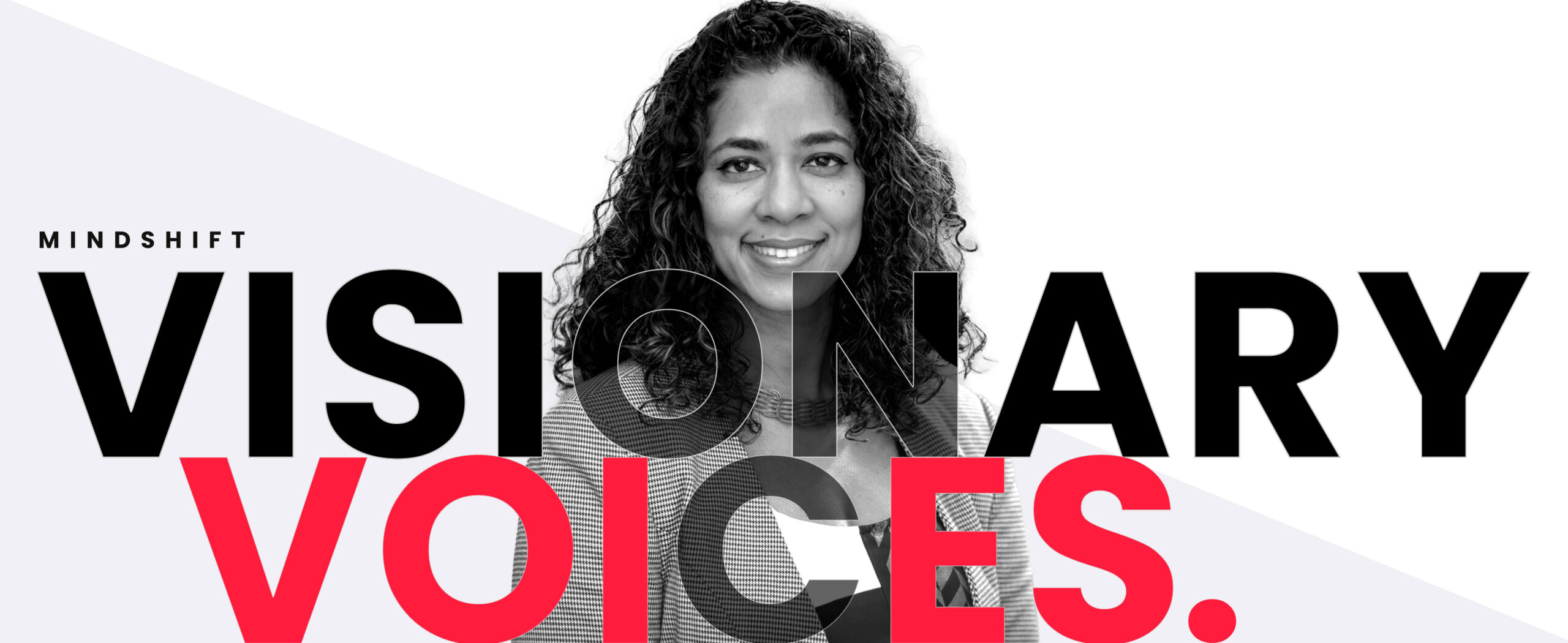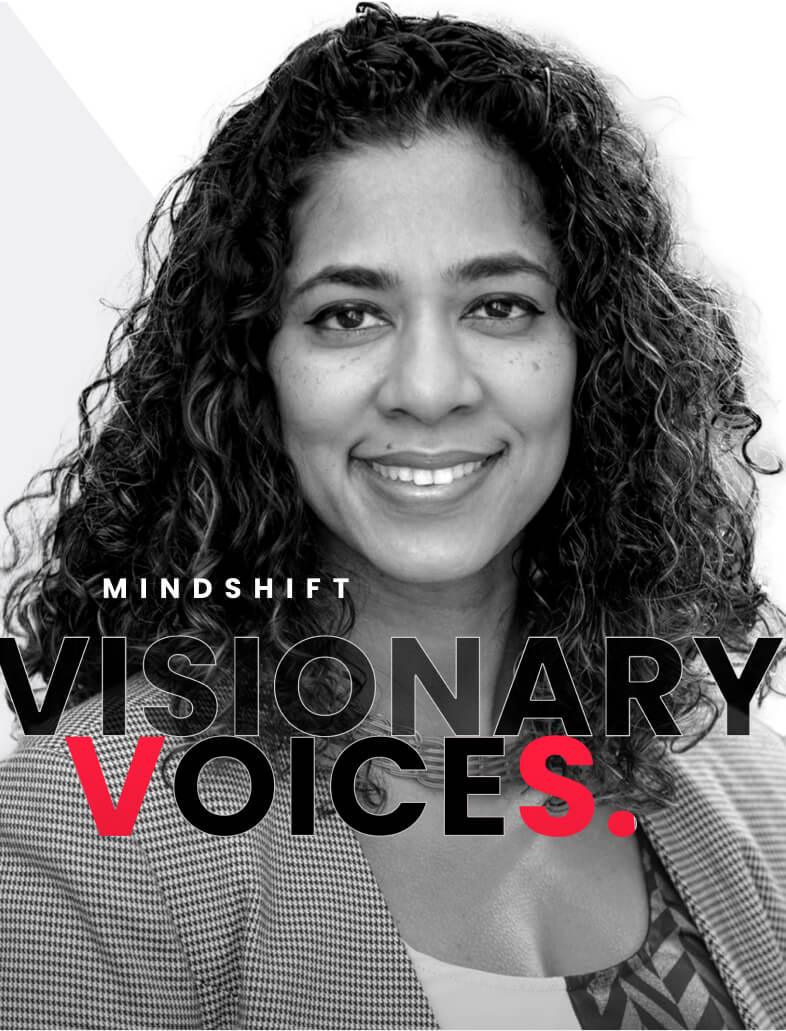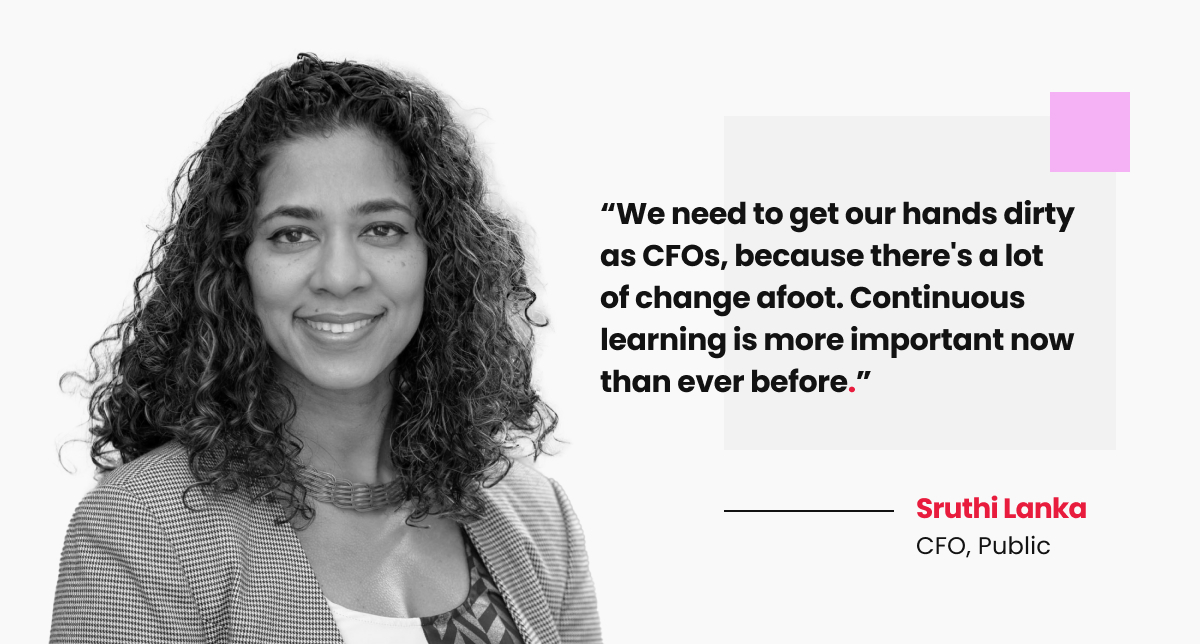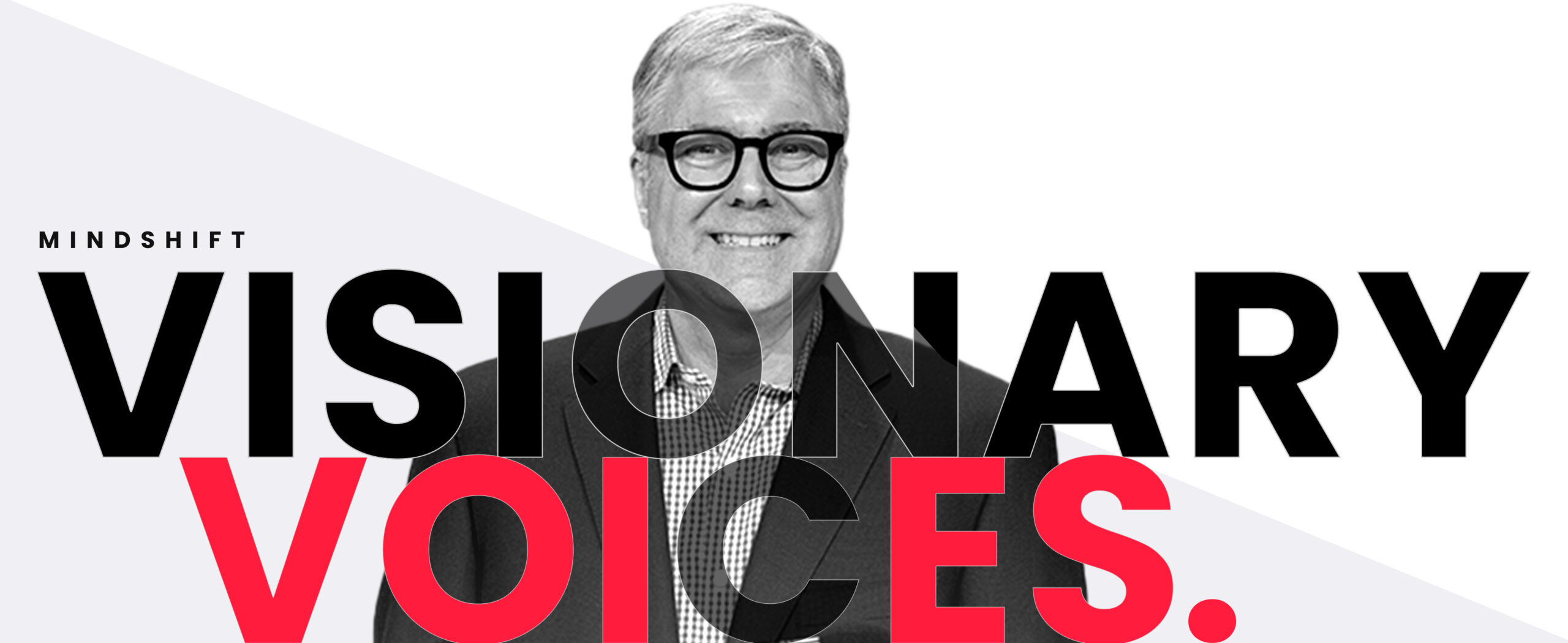

Sruthi Lanka is the CFO of Public, a platform for long-term investing. Public investors use AI and a vast variety of asset classes, from stocks and bonds to crypto and options, to build portfolios for the long haul.
Before joining Public in 2020, she served as the head of Strategic Finance at MoneyLion, a fintech with a community of 4 million members. Sruthi’s prior experience includes investment banking in the financial institutions group at the Royal Bank of Canada, where she worked on mergers & acquisitions and capital optimization advisory. Prior to that, she was a technology analyst at Goldman Sachs working on mobile technologies.
Sruthi talked to RGP about the CFO’s role in staying ahead of AI adoption and the importance of providing data and insights to other departments, enabling them to make better decisions and improve performance.
What makes your CFO role at Public so unique?
As CFO, I obviously oversee accounting and treasury, as well as audits. There’s a lot of work that goes on from the controls and accounting perspective. I also oversee data. So, I think of it as accounting, strategic finance, and data. I think this is actually becoming much more common within the CFO suite to have CIO responsibilities or have some ownership of data. And I do think as a finance function, it’s becoming closer and closer to serving data in real time internally. I think these all will converge more in the future, and it’s a big part of what I do here.
Preparing for the Coming AI Wave
How does data shape your role as CFO of Public?
I see data oversight really as a secret weapon in a highly effective finance function. Instead of waiting two weeks after a month’s end for closed books to say, ‘What’s on revenue?’ we actually track revenue on a daily basis within the data warehouse. It also reduces the burden on our accounting team and allows us to make business decisions more rapidly.

How has your role as CFO evolved in recent years?
The role of the CFO is constantly changing and especially recently. I think that it’s really gone from being that kind of back-office role where you report the numbers to a strategic partner. How do you help drive the best decisions within the company? Whatever it takes to do that, that is really the requirement of the job, and unfortunately, this is a pretty vague requirement. I think there’s just an incredible need to learn on your own. For example, I am using ChatGPT agents to automate a piece of my own work. We need to get our hands dirty as CFOs, because there’s a lot of change afoot. Continuous learning has just become more important now than ever before.
How else has AI changed your role leading the finance function?
Within our product, for example, it gives us an entirely new way to engage with our customers, whether that’s in customer service or assisting with investment research.
For anything you want exposure to, you can say, ‘Give me a list of stocks that have worked with RGP,’ and it’s going to scour the web and come up with a list of stocks. Then you can say, ‘I want to invest in this list of stocks, but I want to make it 70% equities and 30% debt.’ We could spin up a custom index for you to invest in, and so this completely changes the game on how we serve our customers.
You can imagine how that can happen even in the accounting world, too. It hasn’t been built yet, but ideally when a contract comes in, there’d be an AI agent that invites this contract and just spits out a proposal off the debits and credits that need to be booked in order to book this contract accurately, and then someone on the accounting team just reviews it, make sure it’s correct. You double check the contract, and you enter it into your ERP, right? We’re not quite there. We’re getting really close, like a couple of people on my team use ChatGPT to write a macro to automate some cash reconciliation.
We also use agents to identify and categorize transaction types and to reduce the manual load of categorization that comes with high volume accounts. We’re attacking the problem from various segments.
Embracing a Shared Model for Workforce Training
Will AI impact hiring on your team?
We haven’t yet found a solution that holistically replaces a junior accountant. But I see a future in which that actually may be possible. I think for us and many other companies, it’s likely to slow the pace of hiring. I don’t know if it’s yet making major headcount changes for us. We already run pretty lean, but I think there’s a lot of work that can be automated to free up people’s time. And so maybe the next hire can be slower than the last one.
How do you think about ROI when it comes to AI adoption?
I think it’s on the CFO to drive adoption of AI in various ways because it’s easy to get stuck in your ways and not adopt the latest technology. Everyone is busy. We run a really lean team. People already have a full-time job. It’s incredibly important to unlock these efficiencies, and it’s easier for the CFO to do it versus others because the ROI is very clear. Whether it’s reduced future headcount or time saved for the team, I do see that as the job of the CFO (to create efficiencies in the organization) and so I spend a lot of my time playing with AI, and the landscape is changing so much. I would say that one big win is how my time balance has changed. I’m staying on top of the market and tools a lot more. If I get a sales email from an AI platform, I’m actually paying attention to it and probably taking the meeting. There’s always been vendors trying to sell to me, and in the past, I would usually file them away for later, but now I’m paying more attention to a fast-changing market.
Visionary Voices





